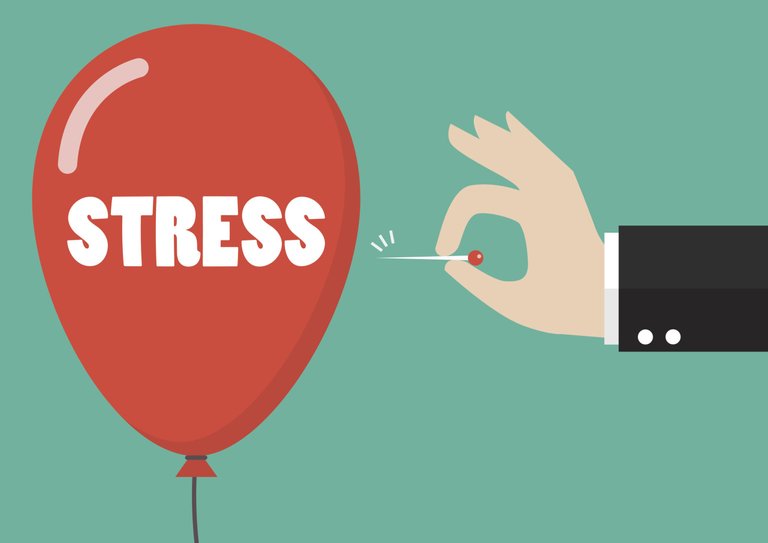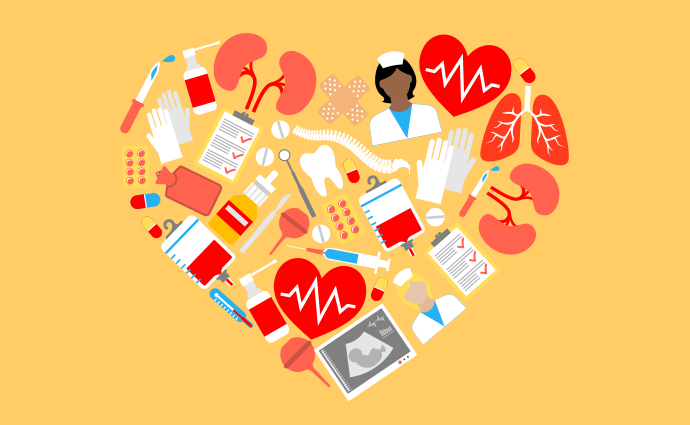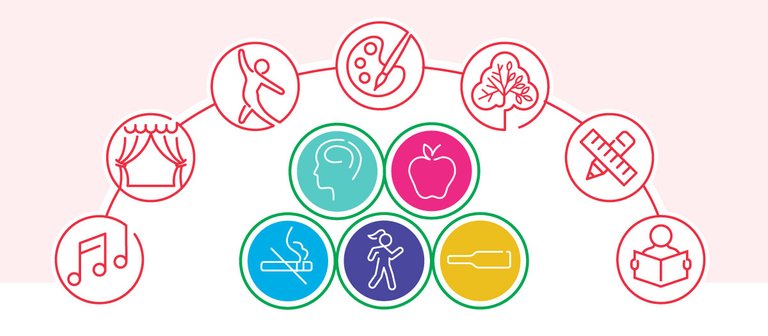Few Things We Need to Know About Stress That Might Help Ourselves

Again and again, we can read about burnout in the newspapers or hear from work or other colleagues about how someone burnout.
What is Burnout
Burnout is the term for physical, emotional, and mental exhaustion due to work overload. The signs of burnout include rapid fatigue, irritability, impatience, and strong doubts about your own work. Occupational overload is usually triggered by stress that can no longer be overcome.
In order to better understand the occurrence of burnout, we have to take a look at the stress.
Stress Has Advantage
Burnout is strongly related to stress. However, stress is not just negative. It is known that a certain amount of stress and the correct handling of stress leads to better performance. This means that the quality of our work can be increased even if we are properly stressed. It should come as no surprise that a distinction is made between two types of stress, the eustress, and the distress. Eustress is good stress. It is characterized by the fact that it does not last long and is balanced out with recovery. The distress is the bad stress that has negative effects on our physical and psychological well-being. It is typically not balanced with recovery. Ongoing stress that is not balanced.
On the behavioral level, balance, active relaxation, setting limits, and paying less attention to perfection have proven to be effective measures. In the work context, occupational health management is of great importance. Health-promoting working conditions are thus created.
Today, workers are increasingly voluntarily over-motivated and endanger their health. This is a new phenomenon and is called "interested self-harm" by researchers.
Interested Self-harm
The philosopher Klaus Peters tackled the question of the cause of the increase in psychological stress. He worked out the concept of indirect control and interested self-harm.
With indirect control, Peters means a paradigm shift in companies is switching from direct to indirect control. This means that employees are only measured by their superiors by success and no longer by performance. As a result, employees in the employment relationship become entrepreneurial self-employed to a certain extent. They get more autonomy and can freely organize their working hours. The superiors are less interested in the work process than in the result. This also has advantages, for example, the paralyzing control by superiors is eliminated and work and family can be better reconciled. But it also means that the employees have to see for themselves how and in what time they accomplish their tasks. Bottlenecks work harder without instructions. To be successful, employees demonstrate a very high level of performance dynamics. If necessary, no consideration is given to their own health. Because of the great interest in professional success, there is an interested self-endangerment.

Self-endangering behavior can also be understood as a coping strategy. This coping strategy is used to manage a large amount of work caused by the self-employment phenomenon just described. It is assumed that self-endangering behavior can lead to states of exhaustion and even burnout.
You can recognize self-harm acts for yourself by the following signs:
- Work on weekends or public holidays.
- Work late at night or early in the morning.
- Work despite illness, come to work sick.
- Avoid sensible regeneration after illness.
- Work longer than 11 or 12 hours a day without this being ordered.
- Refrain from visiting the doctor or move it backward.
- In favor of work, do not take short breaks during the day.
- Do not take a lunch break or eat at the workplace.
- Do not take part in the vacation, let vacation days or overtime expire.
- To keep unpaid voluntary overtime from third parties.
- Having a guilty conscience when you're sick.
- Take risks in order not to jeopardize the achievement of your goals.
- Neglect professional quality of work in favor of economic success.
- Avoiding things at work that you actually experience as important and meaningful.
- Limit balancing leisure activities such as going to the cinema, sport or the like in favor of work.
- Refrain from family activities in favor of work.
- Take stimulating substances to get going or to last a long time.
- Take sedatives to relax or sleep.

Stress Health Reminders
- Choose a family-friendly employer with appropriate working conditions.
- Be nice to your fellow human beings.
- Undergo Relaxation and meditation exercises
- If you have to concentrate especially, you should close the email client, messaging apps and other interrupting or distracting programs and only open them again later.
- Do not commit yourself overly motivated, do not receive business emails on your private smartphone.
- Communicate ideas about preventive measures in the company.
References:
https://www.ncbi.nlm.nih.gov/books/NBK349101
https://www.ncbi.nlm.nih.gov/books/NBK279286
https://www.helpguide.org/articles/stress/stress-management.htm